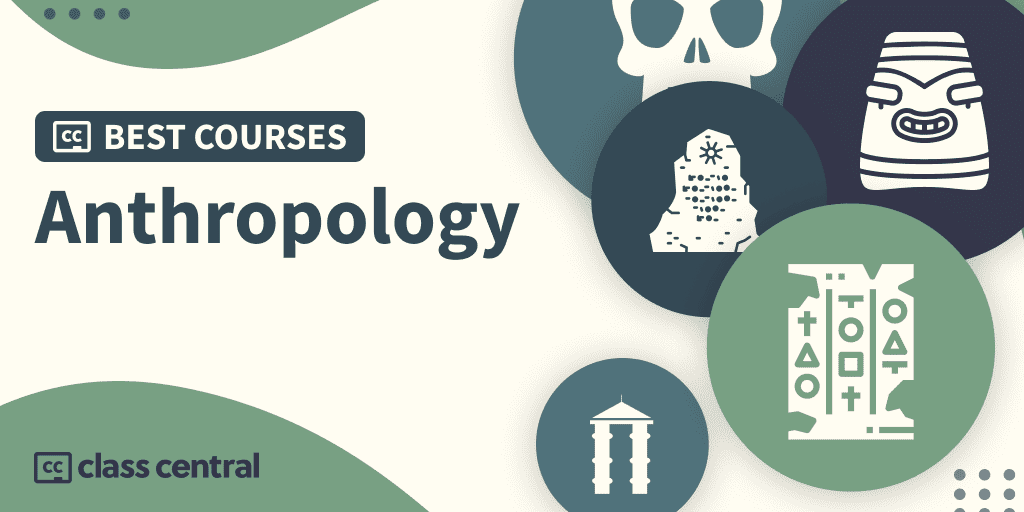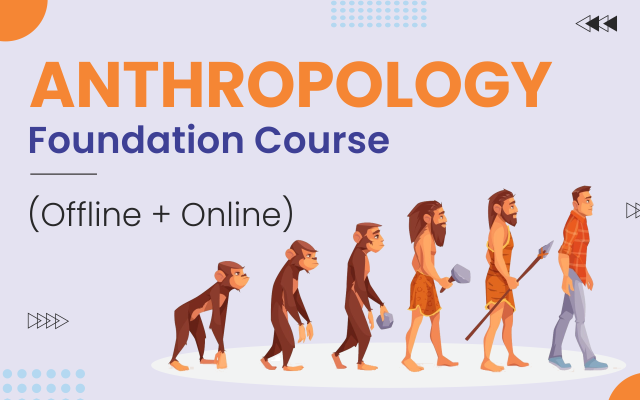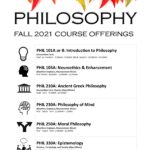Beyond Old Bones: My Unexpected Journey Through an Anthropology Course
I remember staring at the university course catalog, a dizzying array of subjects I barely understood. History, Psychology, Sociology… and then, there it was: Anthropology Course. My first thought? Probably something about old bones, ancient ruins, or maybe studying some isolated tribe deep in the Amazon. It sounded… well, a little niche, a bit dusty. But I needed a humanities credit, so with a shrug, I clicked ‘enroll’. Little did I know, that single click would completely change the way I saw the world, the people around me, and even myself.
If you’re reading this, maybe you’re like me back then – curious, a little skeptical, or just trying to figure out what an Anthropology course actually is. Let me tell you, it’s so much more vibrant and relevant than I ever imagined.
What Exactly Is Anthropology, Anyway? (And Why I Was Wrong)
Before I dive into my experience, let’s clear up some common misconceptions. When I first walked into that lecture hall, I pictured Indiana Jones, or maybe someone meticulously brushing dirt off a fossil. My professor, a woman with kind eyes and a knack for making complex ideas incredibly accessible, started by gently dismantling my preconceived notions.
She explained that anthropology is essentially the study of humanity. All of it. From our earliest ancestors to modern-day internet subcultures, from how we build our homes to how we express love, from the languages we speak to the genes we carry. It’s an incredibly broad field, traditionally broken down into four main areas, and I quickly found myself fascinated by each one:
- Cultural Anthropology: This was the big eye-opener for me. It’s about understanding human societies and cultures – their beliefs, practices, social structures, art, and everything in between. We learned about ethnography, which is essentially immersing yourself in a culture to understand it from the inside out. It’s not about judging, but about understanding why people do what they do.
- Archaeology: Okay, so there was some Indiana Jones in here! But it’s not just treasure hunting. Archaeology is about studying past human cultures through the material remains they left behind – tools, pottery, buildings, food scraps. It’s like being a detective, piecing together stories from fragments.
- Linguistic Anthropology: This field looks at the role of language in human life. How does language shape our thoughts? How does it reflect and influence culture? It made me realize how much we take our words for granted and how deeply connected language is to our identity.
- Biological (or Physical) Anthropology: This is where the "old bones" came in! But it’s also about much more. It examines human evolution, our primate relatives, and human biological variation (why we look different, how we adapt to environments). It’s a scientific look at what makes us, physically, human.
Suddenly, Anthropology wasn’t just about one narrow thing; it was a gigantic puzzle with millions of pieces, all fitting together to explain the messy, beautiful, bewildering thing that is being human.
The Moment It Clicked: A New Pair of Glasses
For the first few weeks, I was diligently taking notes, absorbing definitions, and trying to keep the four fields straight. Then, one Tuesday afternoon, something shifted. We were discussing an ethnographic study of a community with vastly different ideas about time, work, and personal space than my own. I remember feeling a jolt of discomfort – "But that’s not how it should be!" my inner voice protested.
And that’s precisely when my professor stopped us. She said, "Your job as an anthropologist isn’t to decide what should be. It’s to understand what is, from their perspective."
It was like someone handed me a new pair of glasses. I started seeing everything differently. The way my friends interacted, the unspoken rules in my own family, the advertisements I saw, even the layout of my university campus – all of it suddenly seemed like cultural expressions, full of meaning I had never noticed before.
An Anthropology course isn’t just about learning facts; it’s about learning how to see. It teaches you to question your assumptions, to recognize your own cultural biases, and to appreciate the incredible diversity of human experience without judgment. It felt like I was being given a secret decoder ring for the world.
More Than Just Facts: The Skills I Gained from My Anthropology Course
Beyond the fascinating content, my Anthropology course equipped me with some seriously valuable skills that I use every single day, both personally and professionally:
- Critical Thinking & Questioning Assumptions: This is probably the biggest takeaway. Anthropology trains you to look beneath the surface, to ask "why?" and "how?" and "what does that mean?" It taught me not to take things at face value, but to understand the underlying systems and beliefs.
- Empathy & Cultural Understanding: Learning about different ways of life fosters a profound sense of empathy. You start to understand that there isn’t one "right" way to live, believe, or organize a society. This has made me a much more patient and understanding person.
- Global Perspective: My world felt bigger, richer, and more interconnected. I understood global issues – from climate change to social justice – not just as news headlines, but as complex human problems with deep cultural roots.
- Observation Skills: Ethnography taught me to pay attention to details – body language, rituals, symbols, the way people interact with their environment. I became a much more observant person, noticing things I would have completely missed before.
- Communication Skills: Presenting research, discussing complex cultural phenomena, and writing ethnographies honed my ability to articulate nuanced ideas clearly and respectfully.
Who Should Take an Anthropology Course? (Spoiler: Probably You!)
You might be thinking, "That sounds interesting, but is an Anthropology course really for me?" My answer is a resounding YES.
- If you’re curious about human behavior: Whether you’re interested in psychology, sociology, or just why people do the weird things they do, anthropology offers a unique lens.
- If you’re heading into a career working with people: Social work, education, business (especially international business!), marketing, healthcare, human resources – understanding cultural nuances is absolutely crucial.
- If you love to travel: Anthropology will deepen your travel experiences tenfold. You’ll move beyond being a tourist and start to truly appreciate the cultures you encounter.
- If you care about social justice and global issues: Anthropology provides the historical and cultural context needed to understand inequalities and work towards a more equitable world.
- If you just want to broaden your mind: Seriously, it’s one of the most mind-expanding subjects you can study. It challenges you in the best possible way.
My Final Thoughts: A Journey Worth Taking
My unexpected journey through that Anthropology course wasn’t just about earning a credit; it was about gaining a new worldview. It taught me humility, curiosity, and a profound appreciation for the incredible tapestry of human existence. It’s not just a subject you learn; it’s a lens through which you see the world, forever changed.
So, if you’re looking at your course catalog, or just pondering what to study next, I wholeheartedly encourage you to give an Anthropology course a try. You might just find yourself embarking on one of the most enriching and eye-opening adventures of your academic life. Trust me, it’s far more exciting than just old bones.


